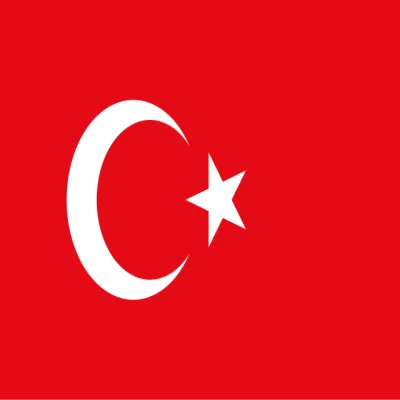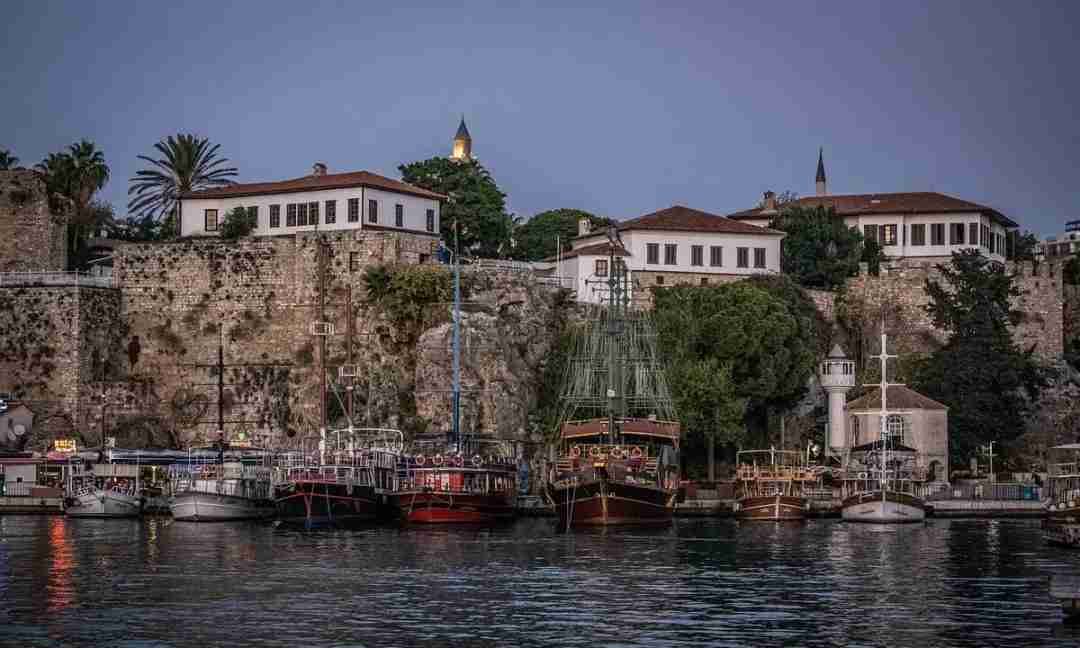Mustafa Kemal Atatürk (1881-1938) is a pivotal figure in Turkish history, celebrated as the founder of the Republic of Turkey and known for his sweeping reforms that transformed the country into a modern, secular, and national state. His vision and leadership during a critical period in Turkish history continue to influence the nation's identity and policies. Here’s an overview of his life, military career, political achievements, reforms, and lasting legacy.
Early Life
• Birth and Background:
Mustafa Kemal was born in 1881 in Salonika (present-day Thessaloniki, Greece), then part of the Ottoman Empire. His father, Ali Riza Efendi, worked as a customs official, while his mother, Zubeyde Hanım, was a housewife. After his father died when he was young, his mother played a crucial role in his upbringing, emphasizing education.
• Education:
Atatürk showed an early aptitude for learning and joined various schools. He later attended the military school in Salonika and went on to the Ottoman Military Academy, where he graduated in 1902. His military training emphasized discipline and strategic thinking.
Military Career
• Ottoman Army Service:
Atatürk began his military career in the Ottoman Army, rising through the ranks due to his leadership capabilities and strategic acumen. He served in various military positions during this time.
• Balkan Wars:
Atatürk participated in the Balkan Wars (1912-1913), where he experienced the realities of military conflict and the challenges facing the Ottoman Empire.
• World War I:
He gained significant recognition as a commander during World War I, particularly in the Battle of Gallipoli (1915-1916), where he led Ottoman forces to a crucial victory against Allied troops. His success at Gallipoli catapulted him to national fame and solidified his reputation as a skilled military leader.
Involvement in Nationalism
• Post-World War I:
Following the defeat of the Ottoman Empire in World War I, the empire faced occupation and partitioning by Allied powers. This sparked a wave of nationalist sentiment across Turkey.
• Turkish War of Independence:
Atatürk emerged as a leading figure in the Turkish War of Independence (1919-1923). He rallied support from various factions and established a new government in Anatolia, organizing resistance against the occupying forces, notably the Greeks, French, and Italians.
• Formation of the Grand National Assembly:
In April 1920, Atatürk convened the Grand National Assembly of Turkey in Ankara, asserting the legitimacy of the nationalist movement. He became its first president, leading the fight for Turkish sovereignty.
Establishment of the Republic
• Victory and Treaty of Lausanne:
The war culminated in victory for the Turkish nationalists. The Treaty of Lausanne in 1923 established the boundaries of modern Turkey and recognized its sovereignty.
• Proclamation of the Republic:
On October 29, 1923, Atatürk proclaimed the Republic of Turkey, abolishing the Ottoman Sultanate. He became the first President of Turkey, signaling the beginning of a new era.
Reforms and Modernization
Atatürk embarked on an ambitious program of reforms to modernize Turkey and transform it into a secular state. His reforms are often referred to collectively as Kemalism and included:
1. Secularism:
Atatürk separated religion from state affairs, abolishing the Caliphate in 1924 and closing religious courts. He emphasized the importance of secular education.
2. Legal Reforms:
He replaced Islamic law (Sharia) with a secular civil code based on European legal systems. The reform granted women equal rights, including the right to vote and hold public office.
3. Language and Education:
Atatürk introduced the Latin alphabet to replace the Arabic script, aiming to increase literacy and modernize the Turkish language. He established schools and universities to promote education and scientific inquiry.
4. Cultural Reforms:
He encouraged the revitalization of Turkish culture and heritage while promoting national identity through art, literature, and music. Traditional practices were encouraged, while old customs were reformed.
5. Economic Development:
Atatürk implemented policies to modernize agriculture and industry, emphasizing state involvement in economic planning and development projects.
6. Women's Rights:
Under Atatürk's reforms, women's social status improved significantly. Women gained the right to vote and stand for election in the early 1930s, a progressive advance in a predominantly patriarchal society.
Health and Death
Atatürk's health began to decline in the late 1930s due to problems of the liver. He passed away on November 10, 1938, at the Dolmabahçe Palace in Istanbul. His death marked the end of an era for Turkey, and he was laid to rest in Anıtkabir (the Mausoleum of Atatürk) in Ankara.
Legacy
Mustafa Kemal Atatürk is regarded as a national hero in Turkey. His vision for a secular, modern, and democratic nation continues to inspire and shape Turkish society and politics. His principles, known as Kemalism, remain influential in Turkey's governance and education system.
Atatürk’s impact extends beyond Turkey; he is recognized for his role in state-building and modernization, serving as a model for leaders and reformers in other nations. His life and achievements are celebrated annually, particularly on November 10, the anniversary of his death, when citizens across Turkey honor his memory with moments of silence and ceremonies.
Conclusion
Mustafa Kemal Atatürk's life is a remarkable tale of leadership, vision, and transformation. His contributions to the establishment of modern Turkey and his dedication to reform and progress have enshrined him as one of the most significant figures in history, not only in Turkey but also in the broader context of 20th-century state formation and modernization.
.webp)












